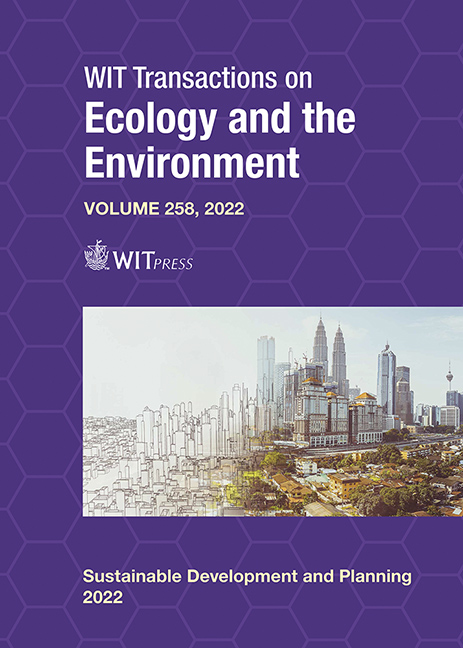PLACE IDENTIFICATION PRINCIPLES OF INNOVATION DISTRICT SUSTAINABLE DESIGN: KNOWLEDGE-BASED ECONOMIC DEVELOPMENT APPROACH
Price
Free (open access)
Transaction
Volume
258
Pages
12
Page Range
355 - 366
Published
2022
Paper DOI
10.2495/SDP220301
Copyright
Author(s)
HADEER SAMIR SHAHIN, DINA M. SAADALLAH, ALI F. BAKR
Abstract
During the last ten years, globally, there was a transition process occurring in the economic activities of a large number of cities. Cities economies are progressing from industry-based to knowledge-based ones, for sustained economic development. Gradually, and usually, near universities and medical centers, a growing number of startups, accelerators, and incubators around the world are gathering around leading-edge companies and institutions in dense urban areas known as “innovation districts” (ID). By creating shared value, the place identification principle is an important design factor for the new evolving innovation districts idea in many cities. Place identification is stated as the empowerment and engagement of the people; as it has a significant role in the integrated strategy planned to attract, retain and pursue talent; to enhance the networking factor and communication skills among innovators; and make the district an explicit, unique destination. This paper, firstly, will have the chance to investigate the new idea of innovation districts, which reinvigorates innovation activities in the era of knowledge-based economies. The study then analyzed the type and degree of innovation in different innovation districts based on their clusters’ places and distribution inside the district. Next, the study introduces a new factor called “place identification”, which uses it to support and enhance the main ID design strategy. In addition, the study focuses on and analyzes the “place identification” main eight principles for a well-designed ID. Finally, a chosen case study is illustrated and analyzed according to these eight principles.
Keywords
innovation districts, place identification, innovation activities, economic development, knowledge-based economy





